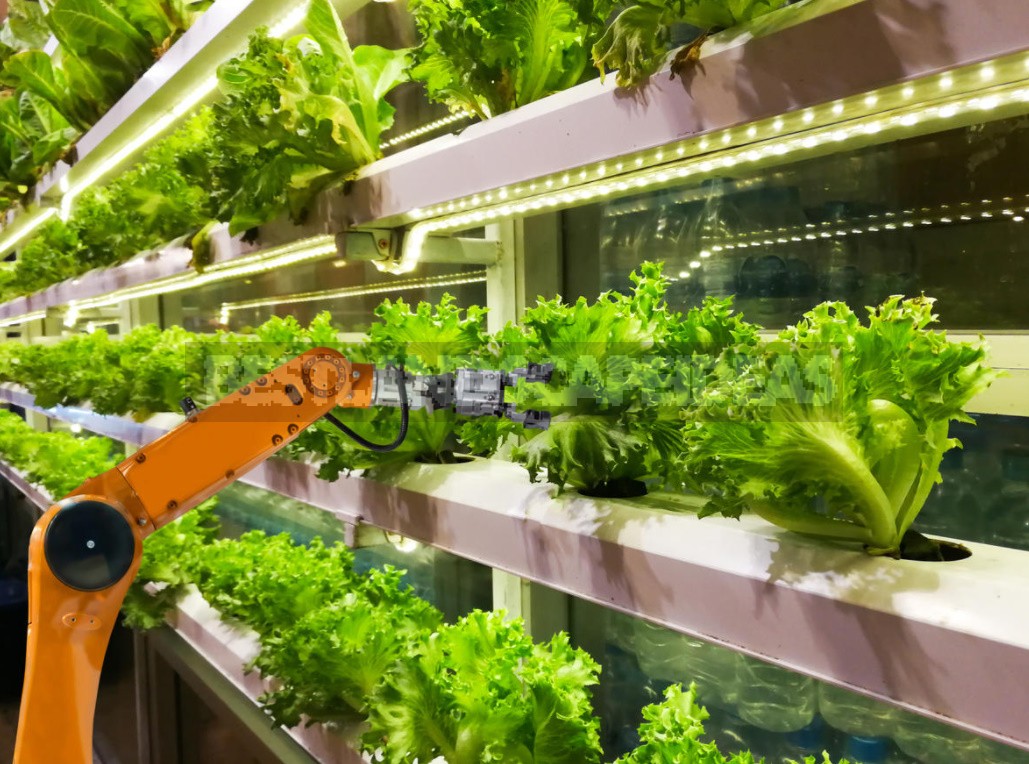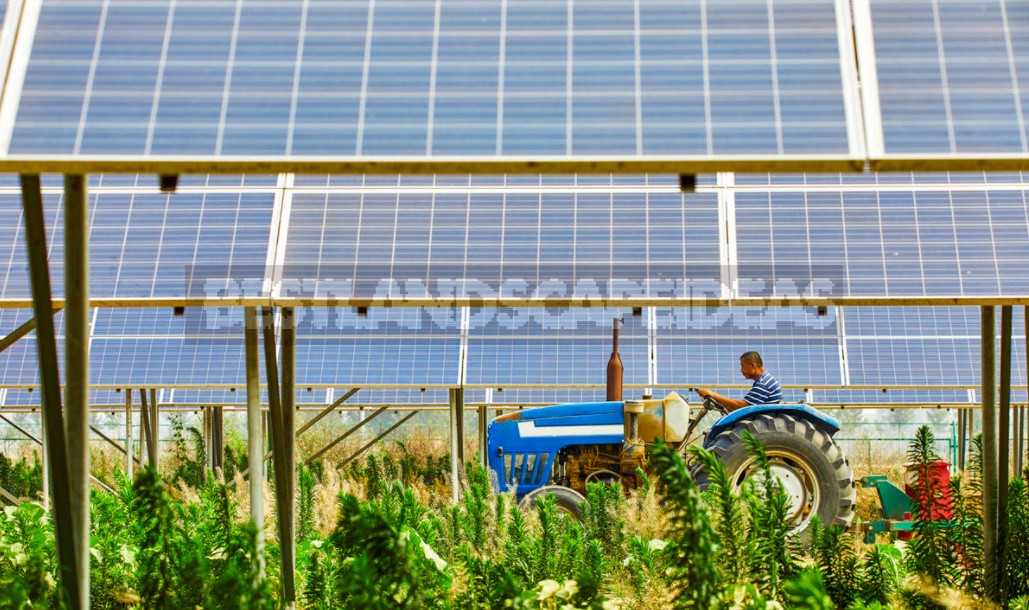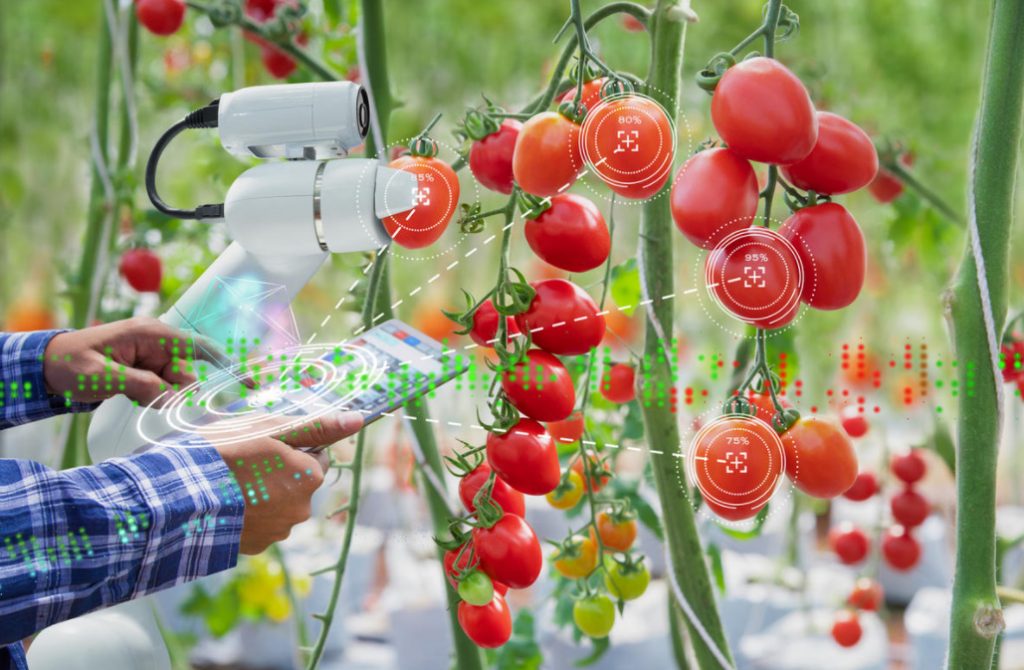3. Genetically modified organisms-selection of the future
Experts believe that in the future, agriculture will not do without new, highly effective varieties, which means without genetic engineering. And although today the attitude to GMOs around the world is rather negative, but by the end of this decade the profession of “genetic engineer” will become quite commonplace, and the list of cultivated plant varieties will be replenished, for example, with perennial cereals that will reduce the cost of cultivation.

Another direction is biological programming, or synthetic biology. That is, a kind of constructor that allows you to create living organisms that did not previously exist in nature from a set of standardized elements-amino acids.
4. City farming, green roofs, vertical farming and other ways of urban gardening
Already, more than half of the world’s inhabitants live in cities. And in developed countries, the urban population can reach almost 100 %. The development of urban gardening and farming will not only improve the living environment of citizens, but also bring food production closer to consumers, reducing transport costs.

Vertical agriculture – it is planned to build skyscraper farms in cities, where both plants and animals will be grown.
5. Ruralization: from the city to the village
In modern society, there is a tendency to “urbanization on the contrary” – the migration of the urban population to rural areas. Former citizens create eco-settlements, organizing an environmentally friendly space.

Eco-settlers as the main idea put forward the concept of meeting the needs of the current generation without compromising the needs of future generations. They adhere to the principles of organic farming and permaculture and are often vegetarians.
Citizens leave the cities, not only moving to eco-settlements (which are, in fact, ideological communities), but also simply moving to the village, becoming ordinary farmers. According to sociologists, in the United States and Europe, up to 20% of the urban population move to rural areas every year.
6. Rational use of natural resources
New technologies in agriculture will not only lead to a new jump in the transition from quantity to quality, but also reduce the burden on the environment through the rational use of natural resources. Drip irrigation systems that save water are already being used more and more widely, including in horticulture, viticulture and vegetable growing in the open ground.

New sources of protein (insects) will allow us to abandon the breeding of large numbers of cattle, which will have a beneficial effect on saving water, reducing greenhouse gas emissions, reducing the area under forage crops.
Renewable energy sources, such as biofuels, solar and wind energy, will be used in all areas of the agro-industrial complex.
7. Improving the level of education of villagers
The modern peasant can no longer afford to be illiterate: new agricultural technologies require a new specialized education. For example, right now, with the support of the state, free training in the basics of organic farming has begun.

Agricultural revolutions have always preceded and created the basis for a breakthrough in the development of mankind. Almost 12,000 years have passed between the first and second agrarian revolutions that changed human civilization. The gap between the second and the third was already much shorter – only five and a half centuries.
Now time has accelerated and shrunk even more: the last “green” revolution took place less than 70 years ago. We have every chance not only to see the next changes in agriculture, which will serve as a new impetus for the development of mankind, but also to actively participate in them.






